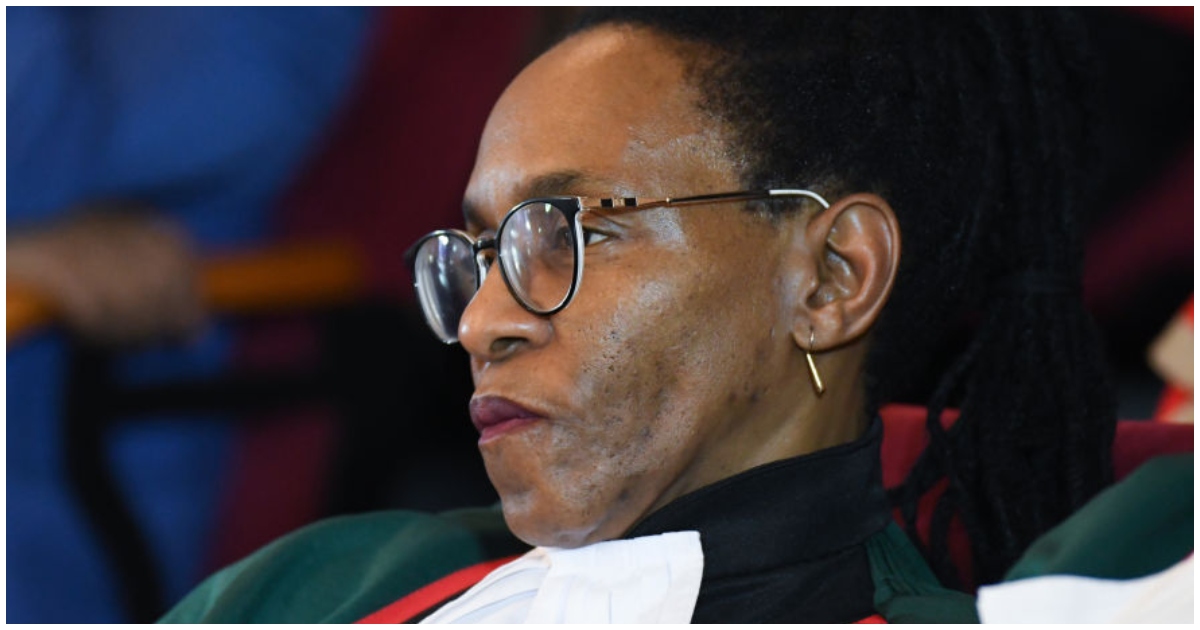South Africa has made history with the appointment of Mandisa Maya as its first female Chief Justice. President Cyril Ramaphosa’s decision to promote Maya marks a significant milestone in the country’s legal landscape.
This groundbreaking appointment shatters a 114-year-old tradition of male leadership in South Africa’s highest judicial office.
A Landmark Appointment: Maya’s Rise to Chief Justice
Mandisa Maya’s promotion to Chief Justice comes after serving as Deputy Chief Justice. Her tenure is set to begin in September, succeeding outgoing Chief Justice Raymond Zondo. The Judicial Services Commission interviewed Maya in May, following her nomination by President Ramaphosa in February.
The Commission strongly endorsed Maya’s selection, noting it “would be a significant milestone for the country.” President Ramaphosa acknowledged this sentiment in his official statement, highlighting the broad support for Maya’s appointment across political lines.
Breaking Barriers: Maya’s Trailblazing Career
At 60 years old, Maya has consistently shattered glass ceilings throughout her legal career. Before her appointment to the Constitutional Court, she served as judge president at the Supreme Court of Appeal, South Africa’s second-highest court.
Maya holds the distinction of being the first Black woman appointed as a judge at the Supreme Court of Appeal. She further broke ground as the first female deputy president and president of the same court, paving the way for greater diversity in South Africa’s judiciary.
From Rural Roots to Legal Luminary
Maya’s journey to the top of South Africa’s legal system is nothing short of inspiring. Raised in a remote area of the Eastern Cape region, she defied the odds during the apartheid era. In 1989, Maya secured a Fulbright Scholarship to pursue a Master’s degree in law at Duke University.
Interestingly, Maya initially planned to study medicine. However, a pivotal moment on her first day of college in South Africa led her to change course and pursue law instead. This decision set her on the path to becoming one of South Africa’s most prominent legal figures.
A New Era for South Africa’s Judiciary
Maya’s appointment as Chief Justice marks the eighth such appointment since South Africa became a democracy in 1994. However, it represents the first time a woman has held this position since its establishment in 1910, when South Africa was still a British colony.
This historic appointment not only breaks gender barriers but also signifies South Africa’s commitment to diversity and equal representation in its highest offices. Maya’s leadership is poised to bring fresh perspectives to the country’s judicial system.





